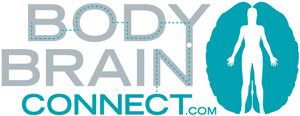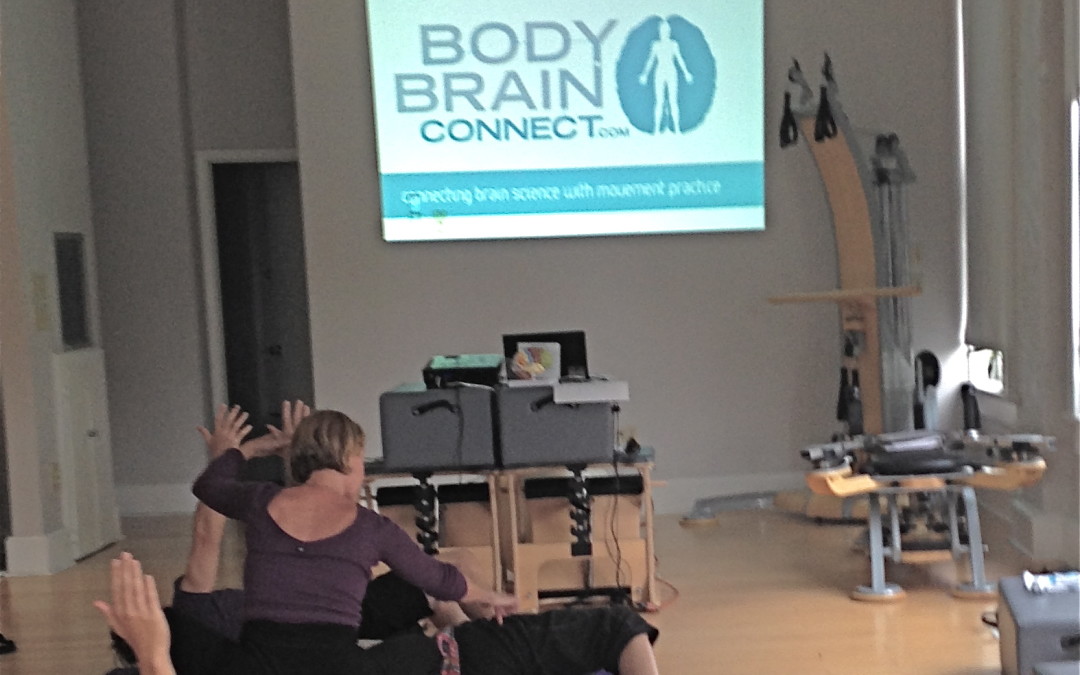Cognitive Flexibility and Mindful Movement Patterns
Dr. Michael Merzenich is the chief scientific officer at Posit Science and is featured in the New York Times Best Seller “The Brain that Changes Itself” by Norman Doidge. In the video below he speaks about how cognitive flexibility can be enhanced through mindful movements such as Feldenkrais ® to help a healthy aging brain.
The key topic is: Movement Pattern Flexibility is Cognitive Flexibility
Cognitive flexibility is important. Cognitive flexibility is being creative in your thinking and not always jumping to the same conclusion. For example just because there is a traffic jam at 5:30pm does not mean that it is always because of rush hour. Other reasons for a traffic jam are:
• an accident in your lane of traffic
• people gawking at an accident on the other side of the road
• somebody’s dog jumped out of the car window and is running around the lanes of traffic
• a policemen stopped traffic to pick up something out of the roadway
• roadwork
Cognitive flexibility can also affect movement pattern flexibility. Back pain is a perfect example. Most people are pretty cognitively inflexible when they think about pain. Pain does not always indicate damaged tissues but it is also an alerting mechanism for other possible reasons for the back pain. Such as:
• you feel stressed and the muscles of your low back tighten and cause pain
• your shoulder is hurt and you are protecting your shoulder by tightening your back muscles
• in watching someone else pick up a heavy box with you may feel empathetic pain
Pain may cause movement patterns to become stiff or inflexible. An example is not letting go of compensation patterns. Think about back pain. Perhaps you hurt your back years ago and it felt better to “tuck” (posterior tilt) your pelvis when the pain was acute. However, three years later you still “tuck” your pelvis, even though the original back strain healed. Your commitment to “tucking” your pelvis is an example of cognitive inflexibility. You do not consider another way of moving. This may be out of fear or just a simple lack of awareness.
Some forms of movement can lead you away from rigid movement patterns and bring you towards cognitive flexibility. Mindful movements give you the ability to pay attention and explore your movement patterns. Taking the time to learn your movement patterns can help you find new ways to move and enhance your cognitive flexibility.
A perfect example of exploring new movement patterns in a non-judgmental way is Feldenkrais ®. I also feel different types of mindful movement including yoga, Pilates, Alexander Technique, Z-health and others can help to improve movement patterns. I think it mainly depends on the teacher’s attitude to help a student recognize inflexible movement patterns. Then you can replace them with a variety of new movement patterns, and expand your cognitive flexibility.




